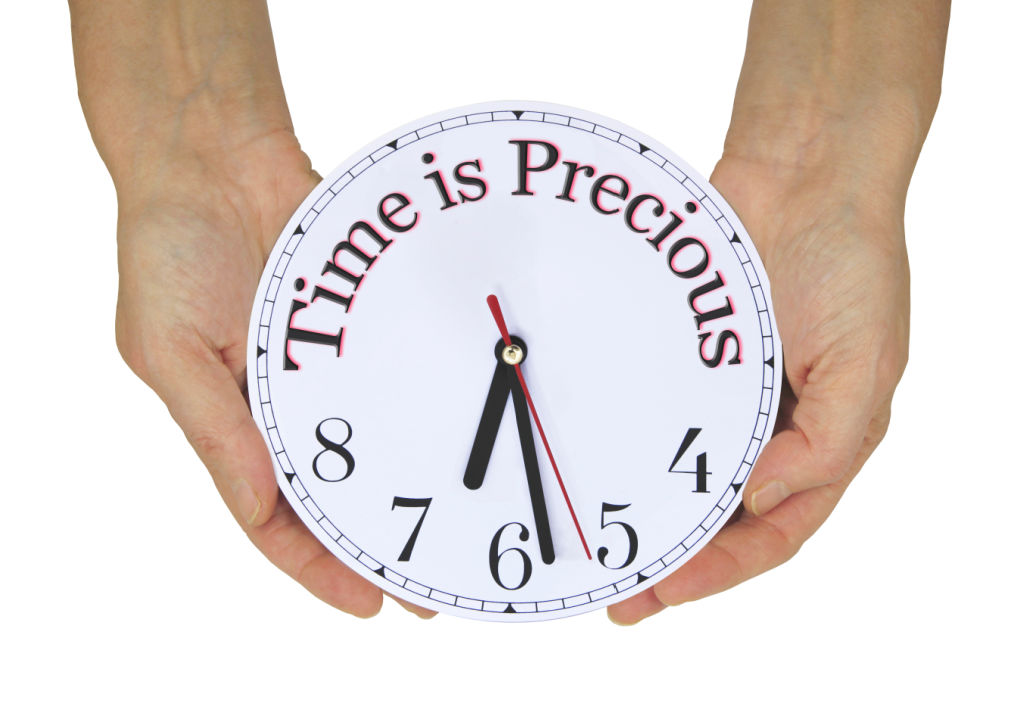
Most people are not aware of the value of time, especially if they have to wait in line for free stuff. I recently read about a famous chicken sandwich chain that gave away free sandwiches. People stood in line for an hour to receive their free sandwiches. The value of their time was $3.99 per hour! The value of your time is intangible, but it can be measured with price per hour and market value.

Cost
The cost of time is a fundamental economic factor, and its components vary from project to project. The components of Cost of Time may include the Cost of Project Delay, Cost of Acceleration, Cost of Perishable Information, and Cost of Regulatory and Contractual Penalties. These costs can be related to various factors, such as deferred use or customer dissatisfaction. This study makes the first assessment of the plausibility of the use of proxies in project valuation and provides the first assessment of the existence of shadow values in the market.
Market value
In recent years, economists have rediscovered the value of time. As time becomes a scarce resource, recent economic theories have begun to consider time as a production factor. These theories focus on time spent outside of work arrangements, which have significant economic value at both the micro and macroeconomic levels. Using such theories, researchers have begun to explore the economic value of time, and how it can be best allocated. Here are some important facts about the economic value of time.

Price per hour
The hourly rate for an engineer is a crucial element of the business valuation equation. While some customers may prefer to hire cheaper engineers, most will be satisfied with reliability, professionalism, and efficiency. An engineer who claims to be able to finish a project in an hour will likely come across as a cowboy or an incompetent worker. To avoid this situation, it is essential to know your costs and set a base hourly rate that reflects your value.
Opportunistic addition to time
What’s the difference between opportunistic addition to time and trade-off? Opportunistic addition increases time value. In contrast, the value of time decreases when an author does speaking engagements. The author would cease writing new books and would become irrelevant if she spent all her time speaking. In this case, she would lose money and her speaking rate would decrease. However, picking up a $100 bill isn’t a trade-off.
Estimated value

The Estimated Value of Time is an important concept in the design of transportation systems. Time spent traveling is monetized using models that depend on socio-economic factors. The value of time is roughly double the time spent traveling on weekdays. The total value of time depends on the type of vehicle used and socio-economic factors. Similarly, the value of time is about fifty percent higher on weekends. Despite the differences in the value of time, this concept is widely applied in transport planning and design.

